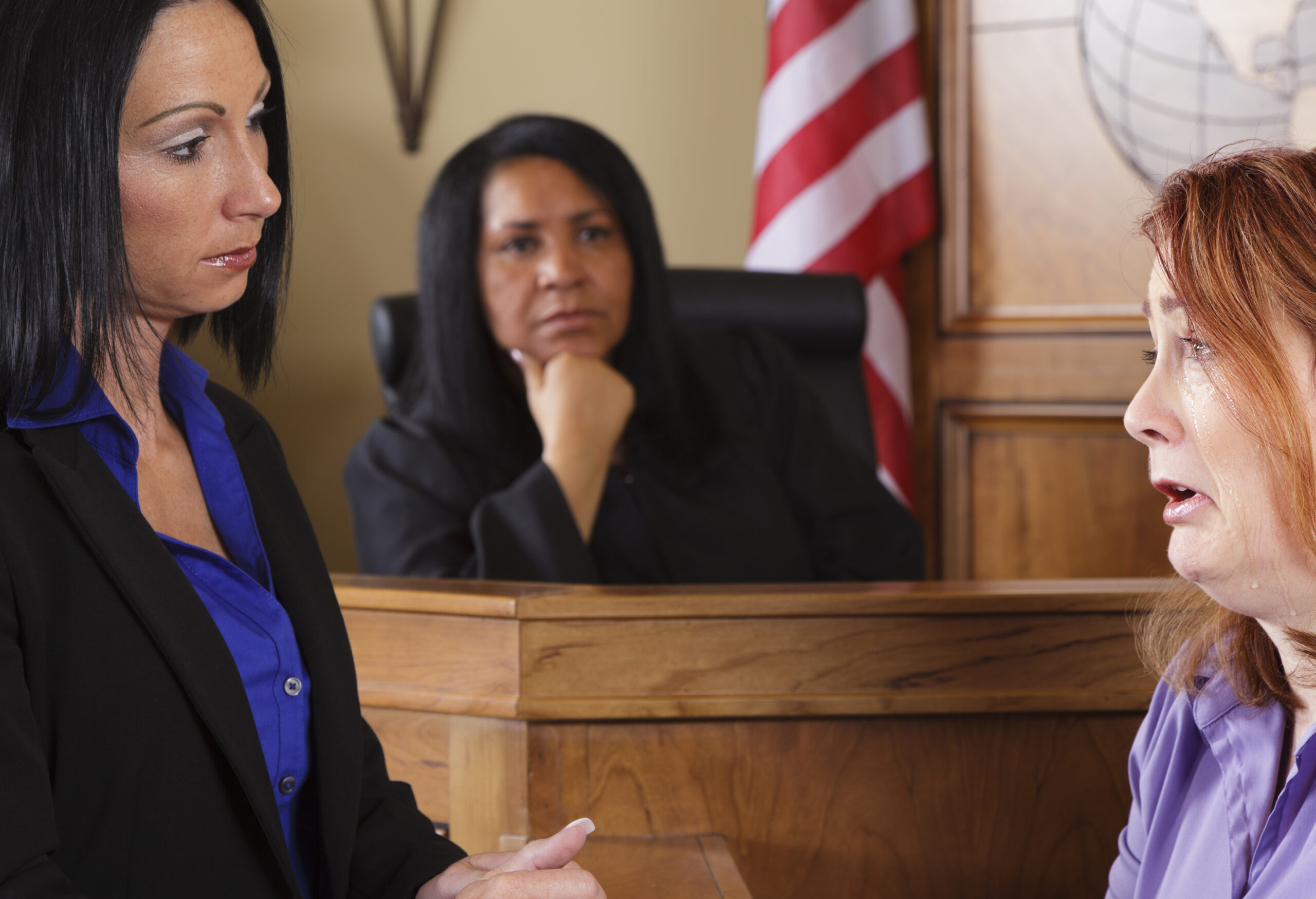
By Hon. Patricia Blackmon (Ret.)
The Mayo Clinic describes mindfulness as a type of meditation in which you focus on being intensely aware of what you’re sensing and feeling in the moment, without interpretation or judgment. Since intense awareness is expected of judges, it should come as no surprise that many are interested in finding out if mindfulness could help them do their jobs better.
Retired appellate judge Patricia Blackmon began practicing mindfulness shortly after her election to Ohio’s Eighth District Court of Appeals in 1991. She has since taught in the NJC’s Mindfulness for Judges course five times.
She offers these tips:
- Remember what Socrates said: “Four things belong to a judge: to hear courteously; to answer wisely; to consider soberly; and to decide impartially.” Mindfulness can help with each of those responsibilities.
- Start each day with a beginner’s mind. Judging requires you to constantly self-examine. Are your decisions coming exclusively from a rational, reasoned approach, or are you sometimes on auto-pilot, programmed by prior belief or bias? Start each day with a beginner’s mind: open, unbiased, curious.
- Let the dirt settle out. Meditating 10 to 20 minutes each day will help develop the rational part of your brain. Amit Sood, a professor of medicine at the Mayo Clinic College of Medicine and chair of the clinic’s Mind Body Initiative, says to think of a busy brain as dirt in a glass of water that is constantly being shaken. When we meditate, the dirt settles to the bottom over time and the water clears. The dirt doesn’t go away, it just settles to the bottom, creating clear vision.
- Find your breath. Feel yourself becoming distracted at trial? Begin breathing consciously until it brings you back to the present. Being conscious of your breathing acts like an anchor to stop your concentration from drifting away.
- Recall what’s been said before answering. When asked a question, take a moment to recall the arguments made. If you’re still not prepared to answer, call a recess and research the matter. The greatest enemies of a mindful approach to judging are fear and misinformation.

CHICAGO – The American Bar Association Judicial Division announced recently that TheNational Ju...

The National Judicial College is mourning the loss of former faculty member Judge Duane Harves, who passed ...

As the world manages an evolving natural environment, The National Judicial College announced today that it...

Do’s Manage your cases systematically Devise a system that works for you and your organizational...

After 22 years of teaching judges, Tennessee Senior Judge Don Ash will retire as a regular faculty member a...
